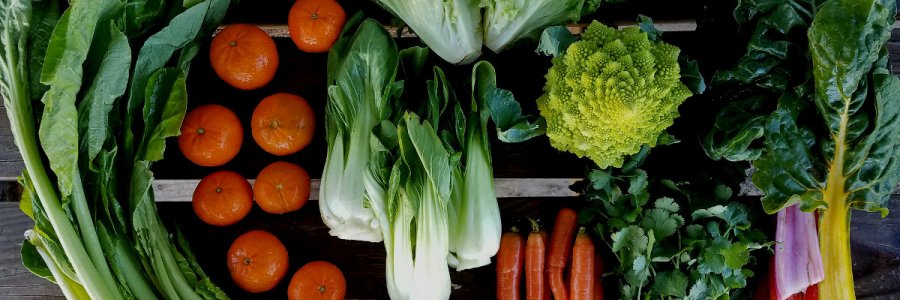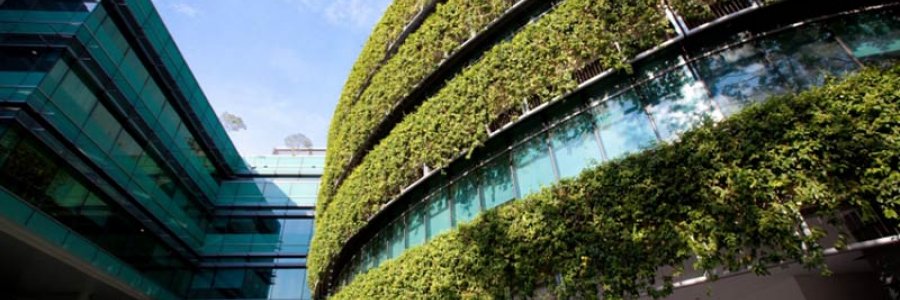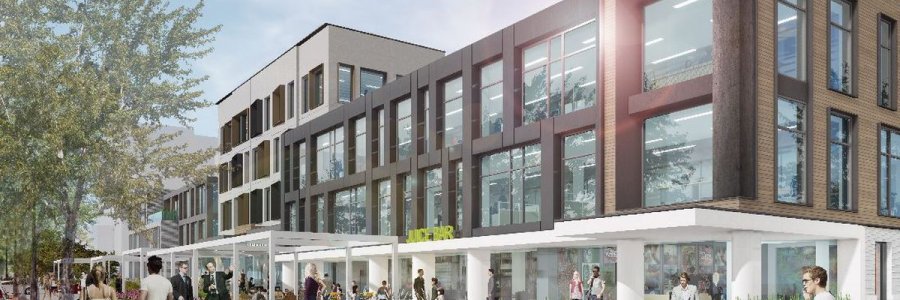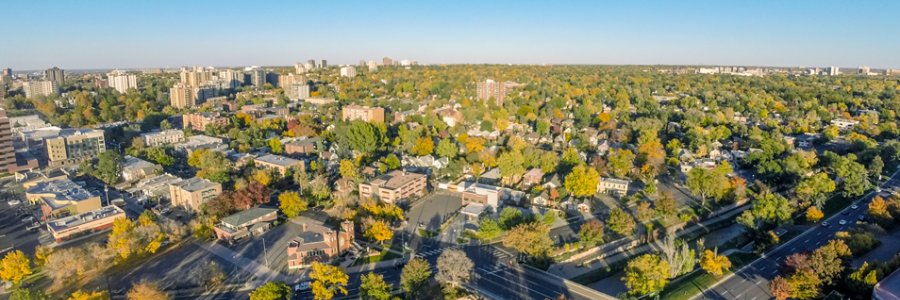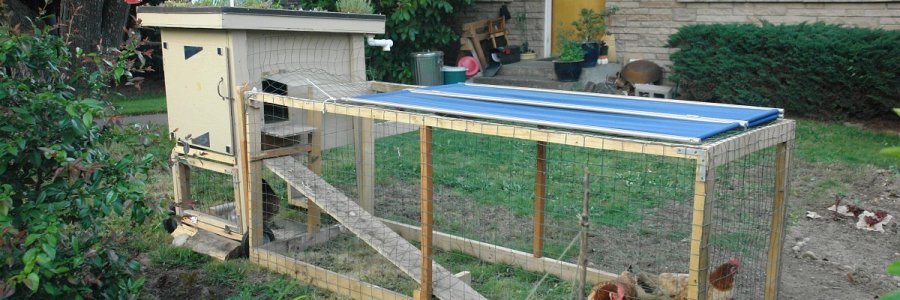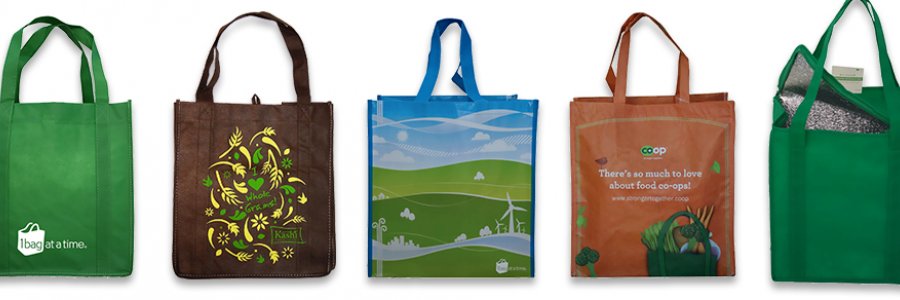Neighborhood food businesses can provide significant benefits for the local economy in the form of jobs, local retention of wealth, and amenities for local residents. However, budding businesses may face challenges such as lack of capital and technical knowledge. A neighborhood food business incubator can help businesses overcome these challenges and start off on the right foot, improving their chances of success and amplifying their positive impact in the community.
(Image credit: Seattle Parks)
Dark surfaces are absorbing and trapping heat on the surface of cities, raising temperatures. This forces residents and businesses to increase energy use on air conditioning, giving them higher electricity bills and exacerbating climate change by increasing emissions. White and cool roofs can be a solution to help reduce surface temperatures and electricity bills by reflecting solar energy back into the atmosphere, reducing energy costs, and increasing air quality and livability for citizens.
(Image Credit: Google Maps)
Consumers and employees alike are starting to demand that the companies they support share their values. By participating in voluntary certification programs, businesses can demonstrate that they value sustainability and attract the talent and patronage of like-minded people.
Of the more than 53,000 acres of cropland in Franklin County, only 162 acres (less than 1%) are used to produce vegetables. Most of the remainder is used to produce corn and soybeans. This means that our vegetables mostly come from somewhere else, often from remote states or other countries. Community Supported Agriculture (CSA) is a means of promoting local small farms that produce diverse crops. In exchange for payment commitments that help farmers handle early expenses and mitigate risks, CSA customers periodically get boxes full of produce delivered directly from the farm to a convenient neighborhood pick-up site, or even to their homes. In addition to improving the resilience of the local food system through crop diversification, CSAs tend to provide fresher food with lower energy requirements and lesser ecological impact.
Creating a guide for homeowners and developers on how they can benefit from sustainable construction methods is the first step in increasing awareness of the city's dedication to sustainable development. It will help buildings in the city become more efficient, increase long-term savings for building owners, and reduce adverse environmental impacts on water and air quality, among other aspects.
Mixed use development is starting to make its way into Whitehall, but allowing taller, denser structures that can provide a mix of uses is environmentally friendly and economically attractive. By reducing the amount of land that is used for development, the natural environment is less disturbed, buildings can use energy more efficiently, and tax bases can increase with the addition of office and property tax for the extra floors created in a mixed use development.
(Image Source: Curbed Atlanta)
If you've ever grabbed your lunch on the run or asked your server to box up your leftover food at the end of a meal at a restaurant, you probably ended up with a food container that you didn't know what to do with. Perhaps you were able to recycle it, or maybe you were forced to throw it away. Wouldn't it be nice if you could simply drop it in a bin on your way home and know that it could be reused many more times?
(Image credit: GoBox)
Increasing the availability of electric vehicle charging stations for public use removes a barrier to businesses and citizens switching from fossil fuel vehicles. With more zero emission vehicles on the road, air quality could be improved by reducing ground level-ozone that contribute to public health problems, and carbon emissions that contribute to climate change.
The City of Whitehall’s zoning code includes a section dedicated to landscaping, much like most cities. Chapter 1130 details street tree requirements, landscape materials, landscape permits, and more. In this chapter of the zoning code, there is opportunity to improve sustainability. This page explores some of the amendments that can be made to this chapter in order to create more sustainable landscaping in Whitehall.
Urban agriculture is increasing in popularity at a variety of scales, ranging from backyard beehives to community gardens to whole-parcel greenhouse operations and even larger farms. Among other benefits, urban farms employ local workers, keep money in the local economy, and increase local food security. They may also present an opportunity to reactivate abandoned and vacant land and generate additional tax revenue for the city.
Approximately 11,380 tons of litter are deposited annually on Ohio's county, state, interstate, and U.S. routs, and 392 tons of litter are deposited annually on Ohio's interchanges, according to Ohio Department of Natural Resources Statewide Litter Study (Final Report).
Stormwater can be a problem for cities that leads to flooding and pollution. Permeable pavement, vegetated land cover, and green roofs a few innovative solutions to lower the risk associated with stormwater by allowing natural geologic systems to absorb the water rather than channel it into storm drains. This section offers a few solutions that can lessen the input for public drainage systems to avoid reaching capacity and overload sanitary sewer systems.



